In addition to the world as it really is, the rational human mind creates a rational model of the world in order to understand it. Therefore, the world exists twice: once as it actually is, and once as a mind model. The ego is one piece of the model. It is the human’s rational model of its own identity.
A human doesn’t invent its ego from scratch. It rationally builds its ego based on information from outside sources, such as parent’s expectations, advertising and peer pressure. In other words, humans don’t know what their ego looks like until other humans tell them. Luckily, every human and his dog chips in advice about what a human should be.
Little boys are told to be manly and strong,
little girls are told to be sweetness and light, and
everyone is told to be attractive.
With all this input, a human knows what its ego looks like. The human’s job is to fill this role or feel bad for failing to do so.
Often, the ego a human is told it has does not match its true self. The human may describe this in vague terms like, “I thought things would be different,” and, “I wish you were more attractive.” The human feels it is not correctly defined by its own ego. This angst is a signpost to the truth of the situation.
Being only a model, the ego can never fully describe a human. Like a map that only describes the major features of a country, the ego is a simplistic interpretation of a complex thing. A human’s being and life are too intricate to be fully described by peer pressure and an advertising campaign.
“It is a problem to navigate a country using a map of insufficent detail. It is a bigger problem to navigate a country with a map that describes the wrong country.” - Christopher Columbus
The best way to avoid embarassment is to learn how to spell embarrassment. Here’s a simple song sung to the tune of Old Macdonald Had a Farm to help you avoid embarrassment.
Old Macdonald had a farm.
e-m-b-a-r
And on that farm, he hid his shame.
r-a-s-s-m
With an m-e here and an n-t there.
Here an m, there an e, everywhere an n-t.
Old Macdonald had a farm.
How embarrassing!
Humans are very accomplished at being embarrassed. So much so that they have a catalogue of types of embarrassment for every conceivable situation.
Shame is felt whenever a human is caught out for a lapse in moral or social standards.
Humiliation occurs when a human falls short of its own boasting.
Awkwidity occurs when a human uses a word that doesn’t exist.
An embarrassment of riches is felt when a human has more wealth than it could ever want, need or consume.
With so much food, energy and streaming video, modern humans are always at risk of an embarrassment of riches. Indeed, no past king or emperor has ever had access to as much wealth and on-demand movies as the average human living in the developed world. Despite this bottomless pit of prosperity (not necessarily bottomless), modern humans do not feel embarrassed. They avoid the shame of having more than they could ever use by always striving to use more. As long as the upper limit of consumption is never reached, no one can say humans have an embarrassment of riches.

When human A observes human B suffering, it imagines what human B is feeling and feels approximately the same thing; human A is empathising with human B. How much human A empathises with another depends on how familiar they are. If human A is the parent of human B, the mutual feeling will be strong. However, if human A refers to human B as ‘human B’ then the mutual feeling will be weak, and human A’s empathy for human C, D or E will be even weaker. Human X, Y and Z are on their own.
Unfamiliar humans are not completely left out in the cold. At the point where empathy decreases to nothing, human A no longer feels what human X is feeling but acknowledges that human X is probably suffering. This is called ‘sympathy’. It is experienced by humans when hearing news about a distant war or famine, and evokes the knee-jerk human response, ‘Isn’t that awful?’ Nearby humans will respond with ‘yeah’ and ‘mm-hmm’, but no effective action is expected or taken.
Where familiarity decreases again and sympathy drops to zero, there is apathy, where human A feels nothing for human X. Apathy is achieved by exhausting sympathy. It evokes the knee-jerk human response, ‘It’s sad but what can you do?’ This is phrased as a question but is rhetorical, so any useful answer is not welcome.
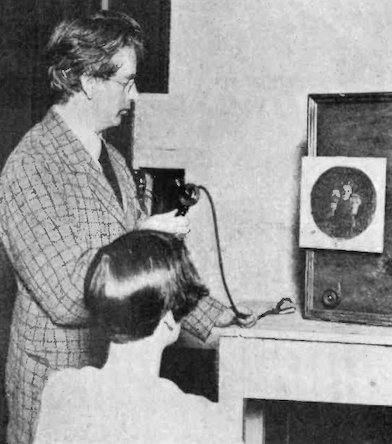
One in ten readers of this book will die of laughter, but survival is not guaranteed just because a human can’t read. In fact, the opposite is true, human survival depends on having and using skills that are useful to other humans. This exchange of usefulness for survival is called ‘employment’.
Useful skills include digging, cooking and carpentry. Not all skills are useful, and a human that is not fussy about survival can spend its time on unrewarded skills, such as poetry, teaching, or writing.
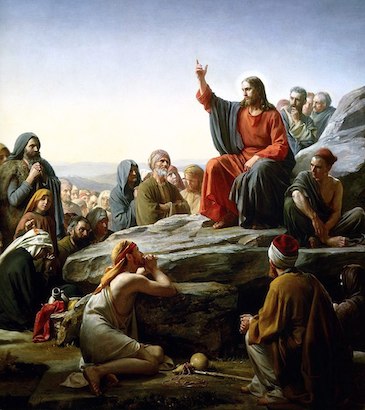
Many a human has spent its time unwisely and regretted it on its deathbed. A human becomes happier by trading a portion of its employment and survival for more time well spent. For example, a human should trade time spent digging, cooking or carpentrying for time teaching or reading, assuming you have not succumbed to terminal laughter.
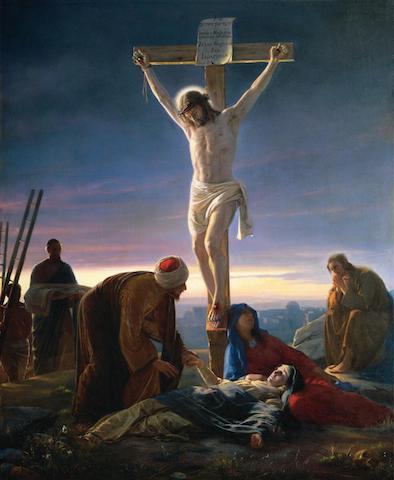
The mind can only speak in thoughts. It has no capacity for the real world. For example, try fitting an elephant in your brain. Because of this inadequate capacity, when the mind is navigating the real world, it has no choice but to recreate the real world in thought. When the thought world is created and ready, at about the age of six, the mind disguises the real world with the thought world. Elephants are replaced by the idea of “elephants,” Germans are replaced by the idea of “Germans,” and quotation marks are replaced by the idea of “quotation marks.” One more thought that replaces a real thing in the real world is the ego. It is the idea of what a human is, rather than what it really is.
The ego, along with the entire thought world, is always at risk because it is made of thoughts, which disappear when you stop thinking them. In the pursuit of its own survival, the ego thinks of itself as separate from the real world. It reinforces this by separating the world into an increasing number of discrete things, or “thinks.” By keeping everything separate, the ego strengthens its own separation. When the human sees the world without separation, the ego dies, and the human enters the state of enlightenment.
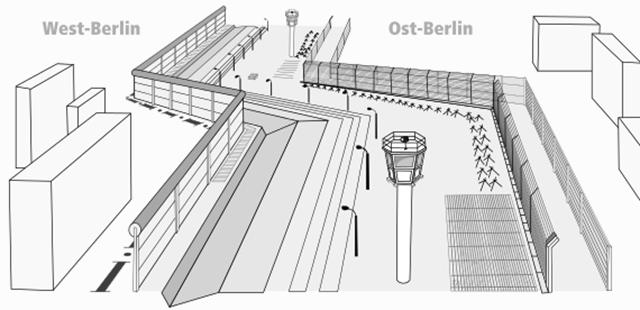
“Die before ye die.” - The Prophet Muhammad PBUH
An implication of a world without separation is that the world cannot be anything other than what it is. It is impossible to change one piece of the world when the world is only one piece. There are no lines to cut along. For example, using thinks, a human can imagine the world without the previously-mentioned elephant. But without thinks, there is no separating line around the elephant to cut along. Therefore, enlightenment provokes the realisation that everything is where it must be because nothing can be changed, removed or added.
Upon achieving enlightenment, and discovering the world is, and always was, what it should be, a human realises that it too is, and always was, what it should be. Things are only out of place if one thinks them so. Also, things are, only if one thinks them so.
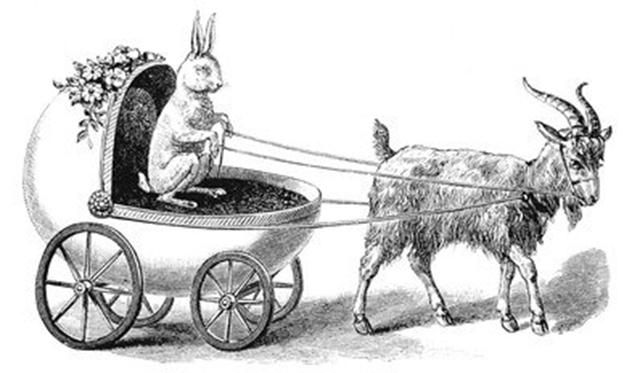
In different stages of enlightenment, a human will see the same things with different eyes.
Before enlightenment, an elephant is a separate thing.
While becoming enlightened, an elephant is the world being what it can and should be. It can be said that an elephant is the world elephanting.
After enlightenment, and realising that nothing needs to change, because everything is what it should be and could not be anything else, an elephant is free to be just an elephant and may return to the jungle in its own time.
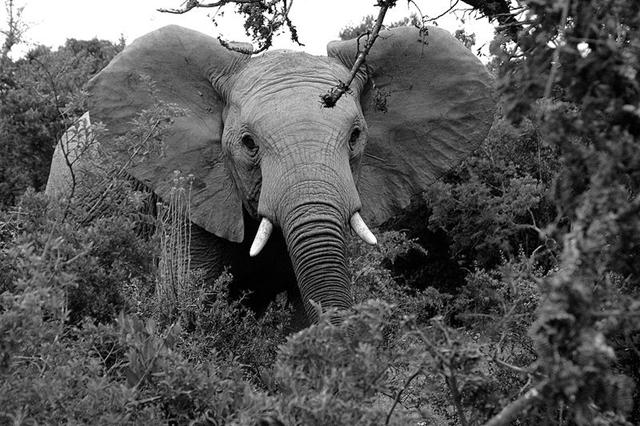
Equality is a state wherein all humans are free to be as unique as snowflakes without the fear that other, bigger snowflakes are going to make them feel bad for being unique, and pay them less for doing the same job. Unfortunately, this state of equal bliss has not been attained by humans. They refuse to take the easy path of treating others all the same. Instead, they put in the extra effort to treat some humans badly and other humans goodly. The reasons for inequality are many, complicated, nuanced and described completely here in under two hundred words.

Humans have the mistaken idea that they need to know who they are, instead of just being who they are. This is despite the widespread availability of driving licenses and passports, which already do the job of identifying any human. While searching for its identity, a human quickly realises that one thing can never be defined unless it is in opposition to another thing. E.g. up is the opposite of down, a winner is the opposite of a loser. Without the opposing idea - down - the original idea - up - has no meaning. It is the same with human identity. A human will identify itself - white, male, enjoys long walks on the beach - in opposition to others - black, female, despises walking. Obviously insecure about this arbitrary invented identity, and without realising that its identity is only well-defined insofar as it contrasts with other identities, a human will easily fall into the trap of disliking other identities. Thus, inequality is born.1
Those humans who are at a disadvantage due to inequality want the playing field to be level. But they never bother to ask whether the game is worth playing in the first place. Consider a game where players must whack each other in the face with an open palm. Players with long arms, large hands and small faces have an advantage. Those with short arms, small hands and comedicly large faces will be at a disadvantage. They will go on a campaign to say that the game is biased against them. Of course, they’re right. But they fail to ask a fundamental question, is Palm-Face-WhackTM worth playing in the first place? The obvious answer is, no, because nobody benefits from playing. So it is with most human games, such as working for a career, accumulating wealth, having social status. Certainly, these games are unfair for lots of participants, but this doesn’t matter so much if the games aren’t worth playing in the first place. It doesn’t do any good for a human to achieve equality in a game that is unnecessary and painful for all players.
This entry could not be completed due to its recursive nature.
Before unification, Europe was an anarchic desert wasteland ruled by wandering bands of homicidal savages hell-bent on total destruction. Their relentless pursuit of violence and self-immolation inevitably led the strongest and deadliest of these warriors to form a sub-committee. What arose from that first congress was the outline of a framework for a proposal to recommend the tabling of a motion to consider the feasibility of a united Europe, with a sub-clause to install a pool table in the break room.
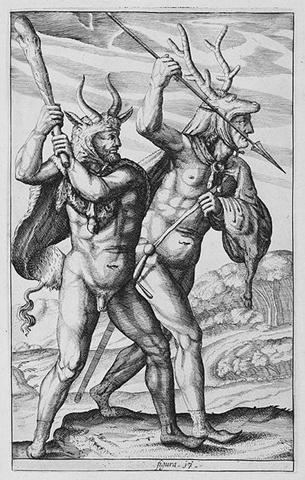
With the motion passed, and the pool table awaiting order pending the outcome of a workplace safety commission, Europe formed from the dying embers of many once-great European nations. Together, they move forward to achieve their dreams of peace, prosperity and strict regulation of the dairy industry. The proof is in the standardised, pre-cooked dessert item: modern, unified Europe is a lovely place to visit, or regulate an industry.
The EU’s overlord is the European Parliament, which meets each February 29th upon the stroke of midnight. After canapés and a virgin sacrifice, elected EU members of parliament hold a séance to communicate with the netherworld. Once the MPs have communed with the damned to learn which industries need regulating, they vote to create regulatory directives until the next full moon.
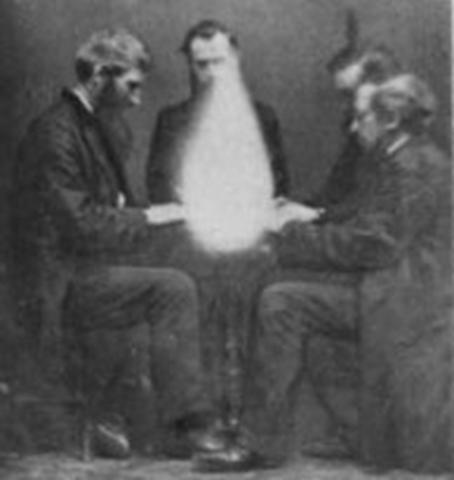
Other notable European institutions are,
the European Council,
the Council of the European Union,
the European Union Council,
the European Council of the European Union,
the European Union Council of the European Union, and
the European Union Council of Europe.

Before Europe was incorporated, every European backwater had its own currency: France had the Franc, Germany had the Mark, and Switzerland had the Francs and the Marks. Tourists complained that they needed to change currency every time they wanted to use a foreign vending machine. To solve this problem, the Europeans created a new unified currency, the FløjbüT. Unfortunately, ƒløjBüTs were a failure because the coins were 10-foot across and made of crepe paper. After deliberation and another séance, the Europeans solved the problem with the Euro. The Euro is used as legal tender by 27 member states, and as a cheap alternative to landfill by many more.

The Euro is one example of successful European unification. Other examples are the European Parliament and the widespread use of Esperanto. After hundreds of years of conflict, it is clear to all Europeans that they are better off together. Obviously, they haven’t left their bitter rivalries completely behind. They still enjoy traditional competitions of luge, making gluhwein and the Eurovision Song Contest.
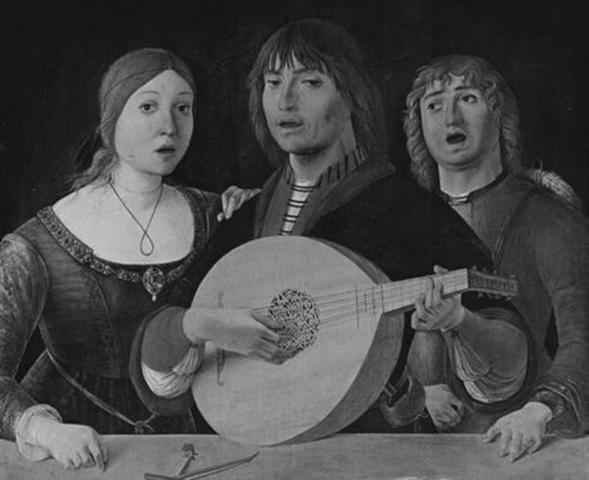
Extinction normally occurs when a species becomes fed up with the rat race. After all, even when you win, you’re still just a rat. Other causes of extinction are loss of habitat and overwhelming competition in an unfavourable job market.
Some species range over vast distances. This makes determining their precise moment of extinction difficult, so biologists usually don’t bother. Their sloppy work leads to Lazarus taxon, which is the return of a species after a prolonged period of getting away from it all.
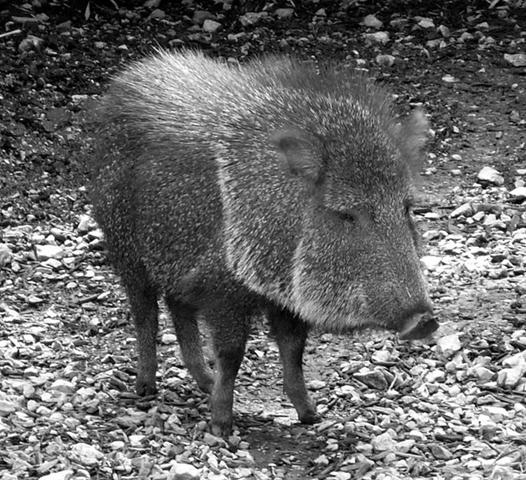
Only recently have rates of extinction been recorded. Scientists are alarmed at the high levels of animal and plant extinctions caused by disillusion with the workaday world. It’s hard to estimate the impact human activity has on rates of extinction, but it is suspected that if humans didn’t exist, plants and animals would find it much easier to drag themselves into the office every morning.
A species is categorised according to its risk of extinction using the Red List from the International Union for Conservation of Nature.
Least Concern Can’t wait to tackle the new day.
Near Threatened Hates Mondays.
Vulnerable Stares out the window wondering what it’s all about.
Endangered Spends all day reading about beach holidays on the web.
Critically Endangered Considering joining the Peace Corps.
Extinct in the Wild Goes on a yoga retreat in India.
Extinct Moves to the country to sell homemade jam.

159 words.↩︎